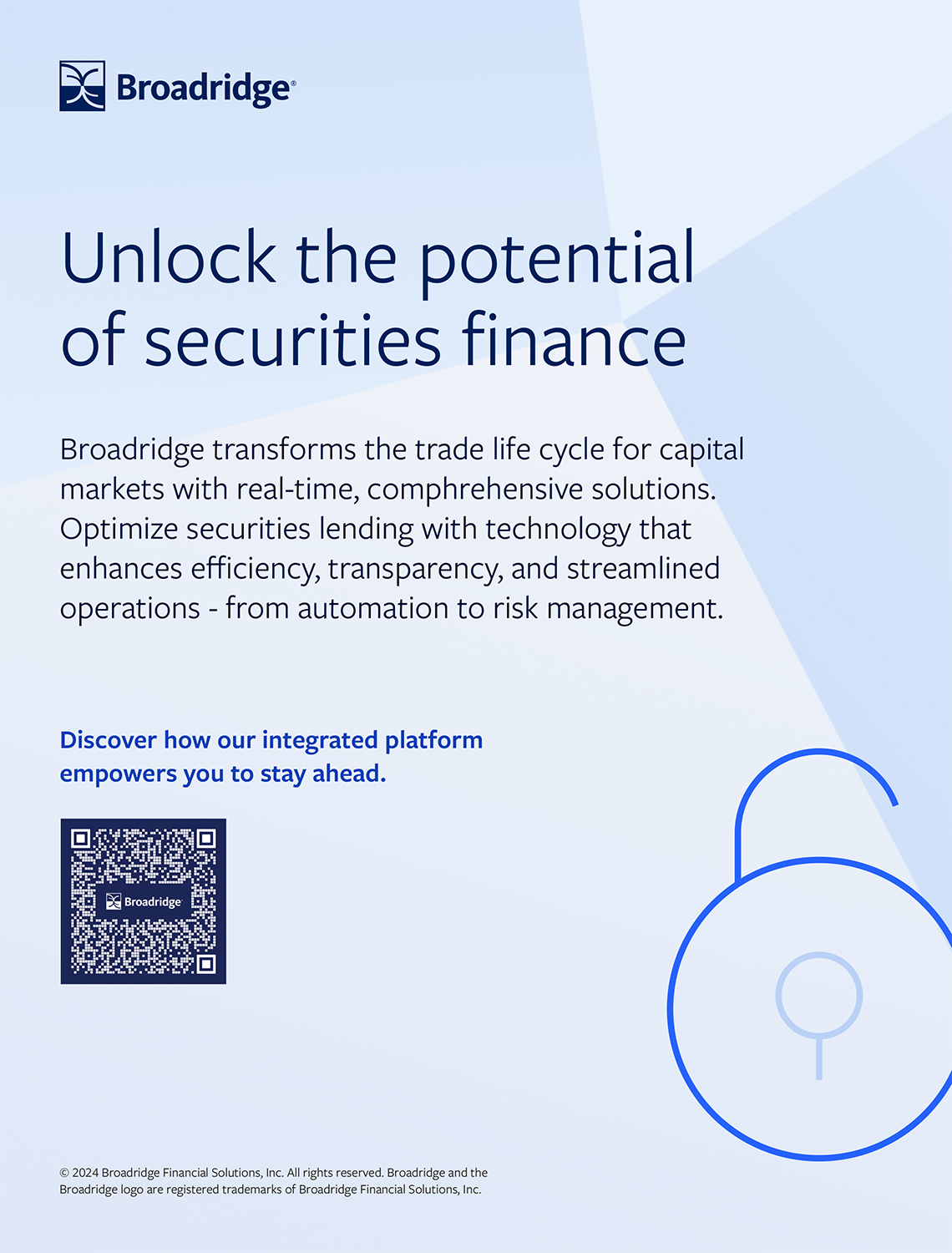Don't recreate today's data silo problem on DLT, warns OECD webinar speaker
25 November 2020 US
 Image: greenbutterfly/adobe.stock.com
Image: greenbutterfly/adobe.stock.com
Interoperability within the financial services industry can help in situations where participants need to move information much more quickly and securely, according to Sandra Ro, global blockchain business council CEO during an OECD panel.
In the discussion, which focused on interoperability in distributed ledger technology (DLT), Ro explained that inter-platform connections are not just important because we are building new technology, “it is important because we have had numerous crises globally in the world where we have not been able to react fast enough because the information did not flow across siloed mechanisms fast enough”.
She added: “Even today, I guarantee you that there is not a single person out there who could give us a snapshot of the global risk exposure of every over-the-counter (OTC) derivatives market position.”
According to Ro, that was one of the biggest challenges during the financial crisis in 2008 and it still has not been solved in 2020.
“Dynamic real time, risk management needs to be improved across the board. This is where blockchain can help with interoperability across different organisations,” she explained.
Meanwhile, fellow panellist Yuval Rooz, Digital Asset co-founder and CEO, said: “If we take a step back and think about what was the promise of DLT, then we may remember it was to remove data silos and create a golden source of truth.”
However, Rooz observed that the reality is that there is not one chain or one ledger that is going to rule them all.
There is going to be multiple technologies, according to Rooz, and even if you park aside the DLT solutions out there, not every use case in the world is going to be suitable for DLT.
He commented: “There are going to still be traditional solutions that are going to run on centralised databases. If we don’t solve interoperability then all we are doing is creating slightly bigger data silos. If they cannot talk to each other seamlessly then you have not solved the problem you have just recreated the problem.”
Also during the panel discussion, Ingo Rube, BOTLabs, founder and CEO, remarked that it is "absolutely necessary" that if the industry wants to do the great things that technology can deliver then we have to start working together with common goals.
He also highlighted the importance of agreeing on standards and being interoperable with each other, suggesting that it is “the most important thing we have to look at”.
Discussing what to look out for in this space, Ro said: “I think we still need to be prepared for the fact we are still in the building phase and frankly, the digital infrastructure and next-generation digital infrastructure that we are building is going to get messier and geopolitical politics is coming into play.”
Additionally, Ro highlighted: “We need a lot more testing, experimenting and growing.”
In the discussion, which focused on interoperability in distributed ledger technology (DLT), Ro explained that inter-platform connections are not just important because we are building new technology, “it is important because we have had numerous crises globally in the world where we have not been able to react fast enough because the information did not flow across siloed mechanisms fast enough”.
She added: “Even today, I guarantee you that there is not a single person out there who could give us a snapshot of the global risk exposure of every over-the-counter (OTC) derivatives market position.”
According to Ro, that was one of the biggest challenges during the financial crisis in 2008 and it still has not been solved in 2020.
“Dynamic real time, risk management needs to be improved across the board. This is where blockchain can help with interoperability across different organisations,” she explained.
Meanwhile, fellow panellist Yuval Rooz, Digital Asset co-founder and CEO, said: “If we take a step back and think about what was the promise of DLT, then we may remember it was to remove data silos and create a golden source of truth.”
However, Rooz observed that the reality is that there is not one chain or one ledger that is going to rule them all.
There is going to be multiple technologies, according to Rooz, and even if you park aside the DLT solutions out there, not every use case in the world is going to be suitable for DLT.
He commented: “There are going to still be traditional solutions that are going to run on centralised databases. If we don’t solve interoperability then all we are doing is creating slightly bigger data silos. If they cannot talk to each other seamlessly then you have not solved the problem you have just recreated the problem.”
Also during the panel discussion, Ingo Rube, BOTLabs, founder and CEO, remarked that it is "absolutely necessary" that if the industry wants to do the great things that technology can deliver then we have to start working together with common goals.
He also highlighted the importance of agreeing on standards and being interoperable with each other, suggesting that it is “the most important thing we have to look at”.
Discussing what to look out for in this space, Ro said: “I think we still need to be prepared for the fact we are still in the building phase and frankly, the digital infrastructure and next-generation digital infrastructure that we are building is going to get messier and geopolitical politics is coming into play.”
Additionally, Ro highlighted: “We need a lot more testing, experimenting and growing.”
NO FEE, NO RISK
100% ON RETURNS If you invest in only one securities finance news source this year, make sure it is your free subscription to Securities Finance Times
100% ON RETURNS If you invest in only one securities finance news source this year, make sure it is your free subscription to Securities Finance Times



